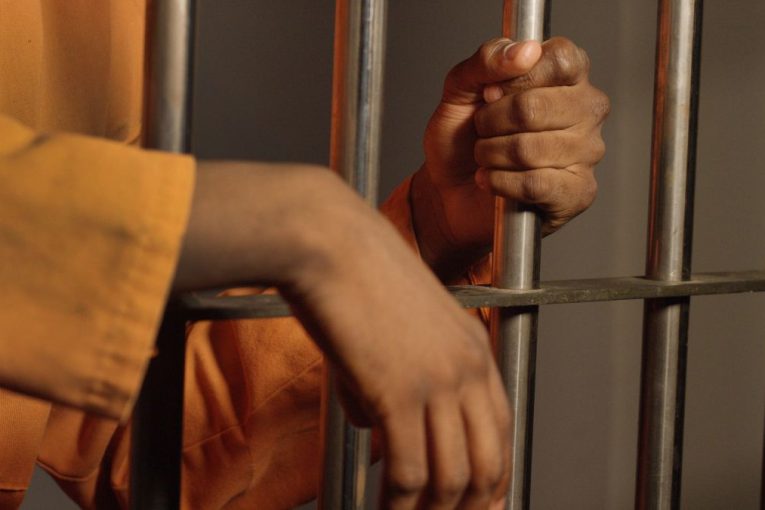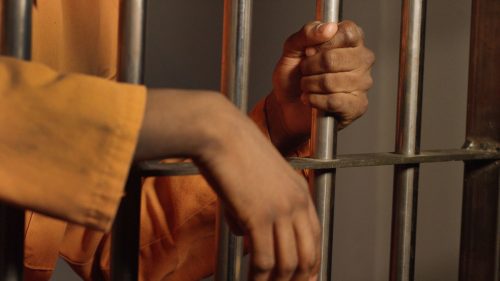

By Audrey Sawyer
WASHINGTON, DC – The National Academies of Science, Engineering, and Medicine issued a report this week, “Reducing Racial Inequality in Crime and Justice: Science, Practice and Policy,” to show how racial inequality is perpetuated by the criminal justice system and evaluates how it interacts with broader societal forces and examines possible solutions.
The committee reviewed existing evidence on racial differences and crime in criminal justice involvement and evidence-based policies to provide recommendations to reduce any racial disparities in the justice system.
The ultimate conclusion reached by the committee is that policymakers do not have to decide between public safety and racial equity, because many policies suggested to improve racial inequalities also simultaneously make communities safer.
The brief references that bans on unconstitutional incarceration and policing, evaluating sentencing reform for drug offenses, and focusing on bail reform actually result in less needed supervision in the community.
Racial and ethnic disparities are noted at several stages of the criminal legal process, including arrests, pre-trial detention, and sentencing and incarceration, wrote the committee, noting recent trends show there is a decline in the racial disparity in incarceration, while the absolute size of the total correctional population (consisting of parole, jail, prisons, and probation) has decreased in the last 12 years (2008 to 2020).
But, regardless of such progress, large racial disparities are still seen in certain jurisdictions, the report said.
The first point made by the committee is that leaders ought to coordinate reforms across all stages of the criminal justice system on local, state, and federal levels, including reducing prison admissions and the scale of police stops.
The study said reforms should also include duration of sentences, and the length and intensity of supervision, pointing out that these changes bring a noticeable reduction in crime, victimization, and criminal justice involvement in communities of color who are impacted the most.
Policymakers, the report argued, should consider, to improve the criminal justice system, reckoning and reconciliation, increased public participation and accountability, an elevation of impact for community voices of those most directly impacted by these concerns, and an acknowledgment that every community is different—a band aid approach of simply copying the approach of another will not work in the same way.
This is not only accomplished by reforms of the police, incarceration, or courts, the report noted, but social policy ideas outside of the criminal justice system regarding community-led efforts to bring safety.
The report brief regarding police arrests/interactions/pre-trial detention references a reduction in police stops and searches, prison admissions and jail detentions (which is to be limited only to serious crimes who pose an immediate or serious risk).
It also suggests a reduction to police response to non-violent behavior and mental health incidents, removing any fee-based punishment by eliminating cash bail, investment in alternative interventions to reduce violence (such as community relations improvement and coordination with non-criminal justice agencies), and investment in the fostering and scale of local innovation and evaluation.
Some of the report’s suggestions for sentencing include elimination of the death penalty, enacting drug reform policies like decriminalization of specific drugs and ending policies like the three strikes enhancements.
On post-detention and incarceration, the committee brief suggested the reduction of the use/intensity/duration of community supervision (like probation and parole), limiting the discretion to revoke said parole/probation and ultimately reducing the number of individuals under community supervision.




